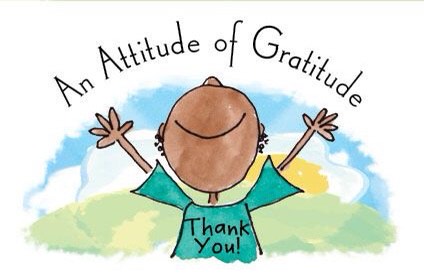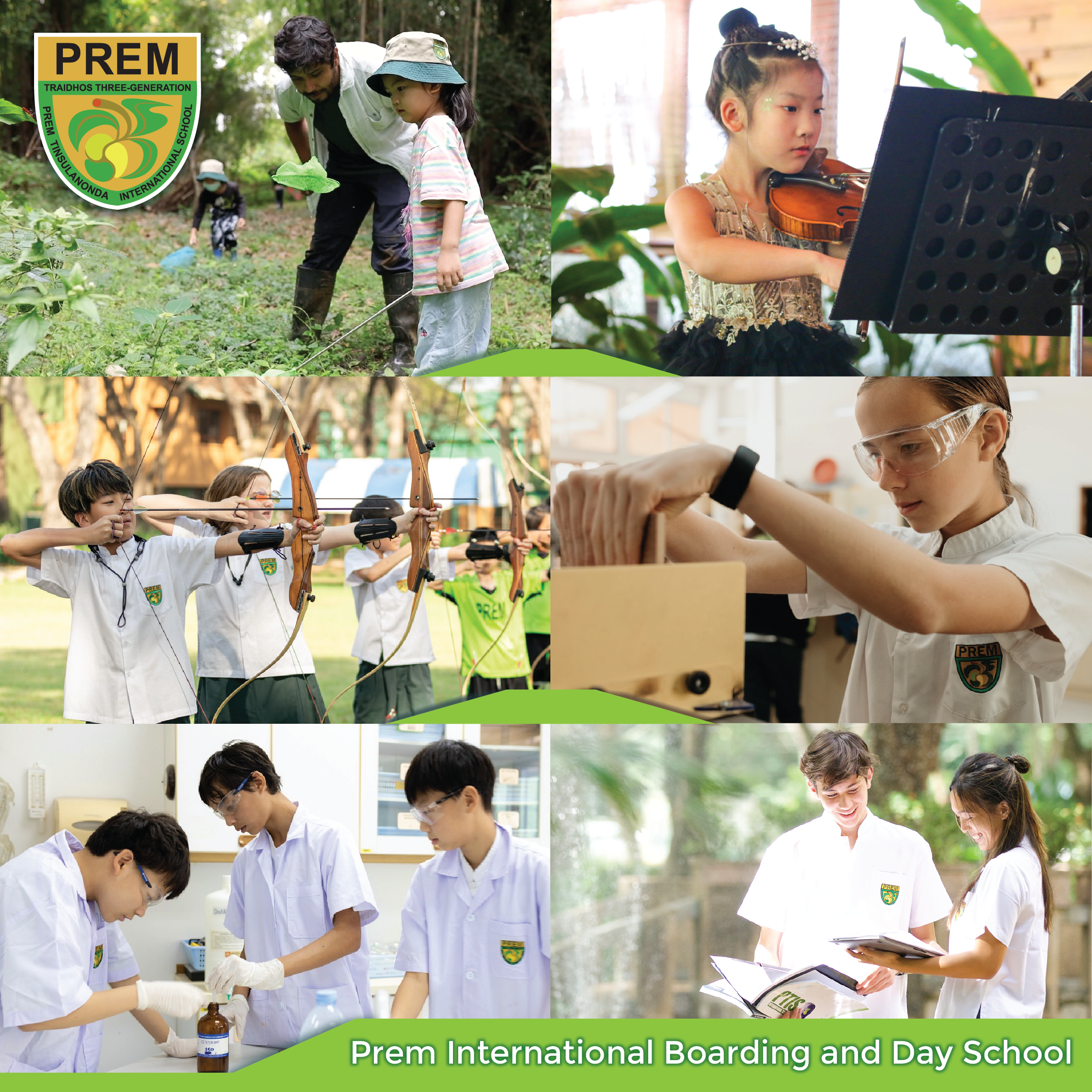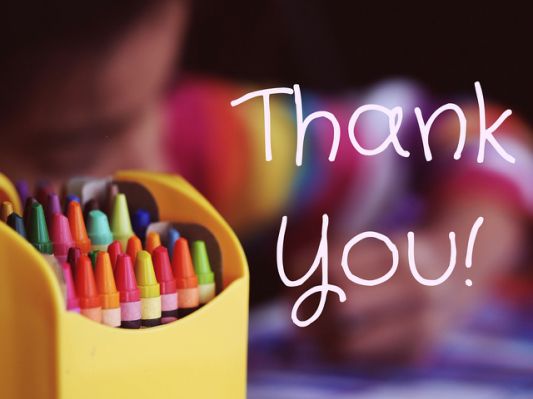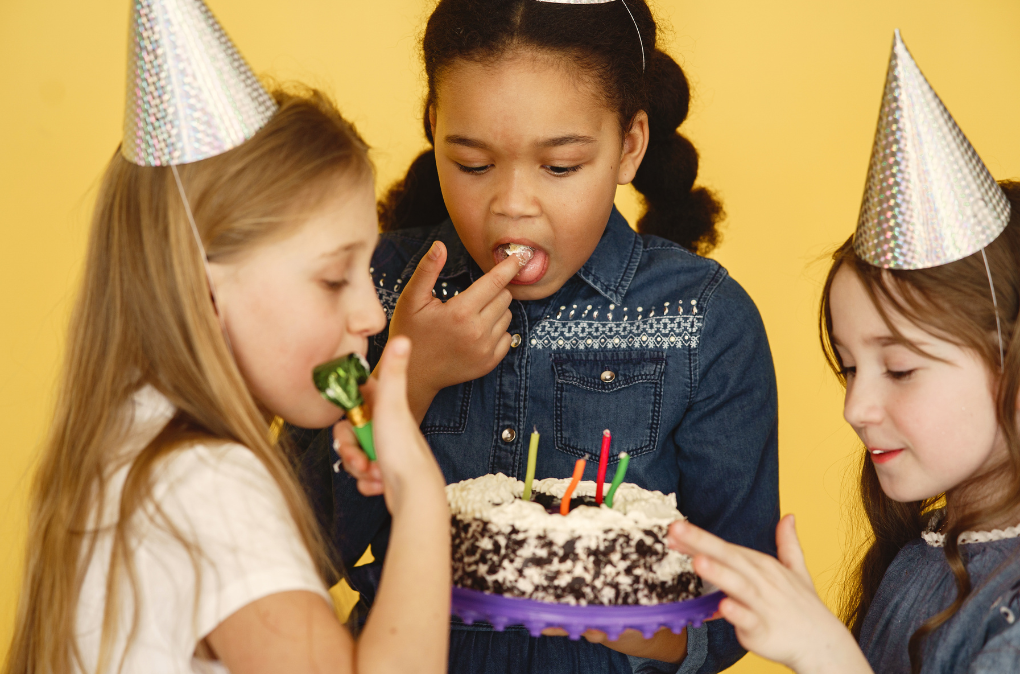A Heartfelt Reflection on Gratitude During the Holiday Season
Take a moment to stroll down memory lane to your childhood. Were your parents sticklers for thank-you notes? If so, how did you embrace this practice?
In my own upbringing, failing to dispatch a handwritten note of gratitude to my grandmother within a week of receiving a gift warranted a phone call. “I sent you something,” she’d say with anticipation. “Did you get it?”

Christmas often centers around one pivotal element—the exchange of gifts. Parents, grandparents, aunts, and uncles may agonize for weeks over how to top last year’s gift or outshine one another with the season’s most coveted presents. The results on Christmas morning can vary from jubilant squeals of delight to lukewarm responses like “Oh, that’s nice,” or, worse yet, “Guess what Tommy’s dad got him for Christmas?!”
As the festive wrapping paper finds its way to the recycling bin and obligatory Facebook photos are shared, the question arises: Are you a parent who encourages or, perhaps, obliges your child to send thank-you cards? Or have your older children taken on this responsibility more independently?
Expressing gratitude, in whatever form, embodies good manners. Whether for a gift or a shared meal, saying thank you is simply the right thing to do. In a world hurtling toward technological advances, where children believe an emoji suffices for heartfelt sentiments, the question looms: Does it truly suffice as a thank you? While social media and texting have their place, the essence of gratitude lies in the action, making it a good starting point. However, the value of a handwritten note, exerting effort to express gratitude properly, is a lesson our children can only learn by observing us as parents.

I’ve weathered lengthy sessions with each of my children as they grumbled about writing thank-you notes for Christmas gifts, birthday treats, or even university recommendations. When my eldest was once hailed as ‘the girl who wrote the thank-you note,’ it finally clicked, and I had at least won one of them over!
Though it may feel like a chore, instilling this skill in our kids is crucial. If you want them to stand out, to exude polish, mastering the art of writing thank-you notes, especially in education and employment settings, is a valuable skill.
Transform the task of writing thank-you cards into a fun experience. Allow your children to choose or create their own cards, suggest ideas for what they want to convey, and let them use glitter or stickers to personalize their expressions of gratitude. It’s easy to impose our own thoughts and words onto our children, but letting them tell Aunty Pat that “the gift made me laugh, thank you” or “I liked the play dough, but it smelled like my dad’s feet!” allows them to recapture the joy they felt upon receiving the gift.
With older teens, crafting thank-you notes can be a struggle. Consider letting them design and print their own cards or paper, allowing for a brief one-line note. The length doesn’t matter; it’s the act of expressing gratitude that counts. Check out Sunnyday Family for an excellent selection of free printable thank-you cards and notes for kids.

Teaching the importance of gratitude and modeling this behavior to our children is a valuable life skill. Never underestimate the impact of a simple ‘thank you.’ Huge amounts of research has been done on how being grateful on a daily basis can actually change the way your brain behaves.
Furthermore, studies reveal a strong link between gratitude and emotional well-being. Research by the Youth Gratitude Project indicates that compared to their less grateful peers, grateful 11 to 13-year-olds are happier, have better social support, and are more content in various aspects of their lives. Grateful teens, aged 14 to 19, report higher satisfaction with life, better academic performance, increased engagement in school and hobbies, and fewer feelings of envy, depression, and materialism. They are also more inclined to contribute to society.
So, how do we raise more grateful kids? Practice what you preach! Children learn by example, not just by commands. While telling your child to say thank you is important, seeing you demonstrate gratitude towards them and others helps it become a habit. Gratitude is cultivated, not commanded. Consider the difference between finishing these sentences: “You should be grateful that…” and “I am grateful that…” The latter is more likely to instill a sense of gratitude rather than fear of punishment.
As the New Year unfolds, it’s time to send notes and cards to relatives and friends and engage our children in discussions about the importance of being thankful.
For more ideas on raising grateful kids, explore this insightful feature on why gratitude matters and the Making Grateful Kids blogs.







